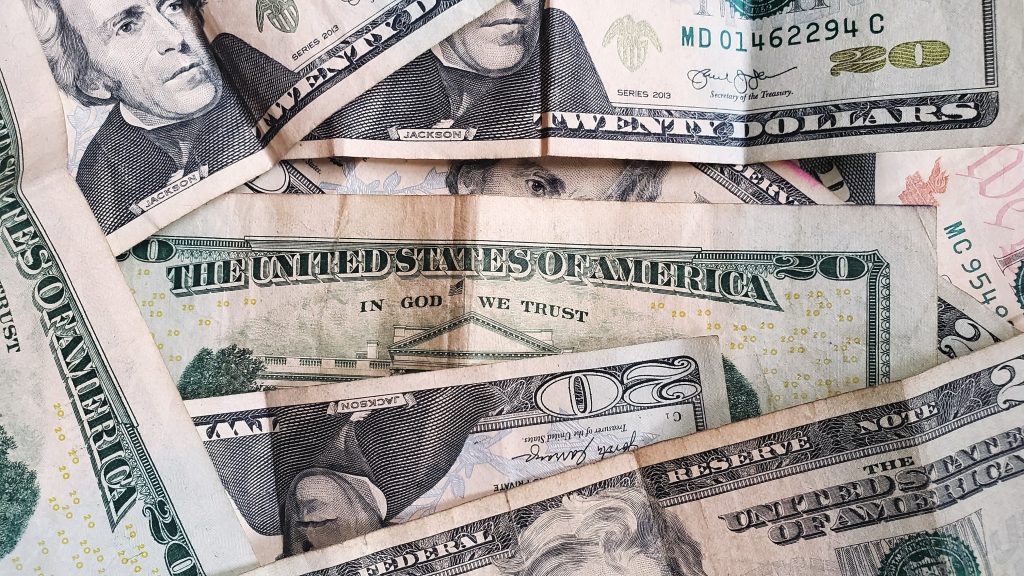Why The US Government Could Soon Default On Social Security Payments And Veteran Benefits
The US will run out of money to pay out social security and veteran benefits sometime during the summer if it does not raise its debt ceiling.
This article is more than 2 years old

The Congressional Budget Office (CBO) released some grim news on Wednesday. The US government will run out of money for payouts on Social Security and military paychecks as early as this summer, but there is no way yet to know exactly which day that will be. Raising the debt ceiling is a controversial action, but unless Congress votes to do so, the US Treasury will be unable to pay America’s bills.
The debt ceiling, also called the debt limit, is the amount the US government can legally borrow. Because the country runs on a deficit, borrowing money is necessary to meet the extensive list of government expenses. The US reached its debt limit of $31.4 trillion on January 19, 2023.
At that time, the Treasury began to take what they called “extraordinary measures” to borrow additional money. The ability to utilize those extraordinary measures will be exhausted at some point this summer. No one knows an exact X-date yet because it’s dependent upon the amount of revenue the US government brings in from April tax collections.
Phillip Swagel, director of the CBO, stated in his report that the timing and amount collected in taxes could vary greatly from current projections. If those receipts fell short of estimated amounts—for example, if capital gains realizations in 2022 were smaller or if U.S. income growth slowed by more in early calendar year 2023 than we project—the extraordinary measures could be exhausted sooner,” Swagel said. “The Treasury could run out of funds before July.”
Without raising or suspending the debt ceiling before all extraordinary measures end, the US government will be unable to fully fund its obligations. The result would be a delay in making payments for some activities or a default on its debt. A combination of delays and default is also a possibility.
The consequences would impact all Americans. Home and auto loan rates would rise, along with credit card payments. US Treasury Secretary Janet Yellen said Tuesday that if the US government defaults, it would be catastrophic.
“It is unlikely that the federal government would be able to issue payments to millions of Americans, including our military families and seniors who rely on Social Security,” Yellen said at Tuesday’s National Association of Counties conference in Washington. At the same conference, President Biden also used the word “catastrophic” to describe what would happen without the US government raising the debt ceiling and said it must be passed without conditions. “Even coming close to default would raise borrowing costs, making it harder to finance key projects in your communities,” the president said.
House Speaker Kevin McCarthy has said that Republicans will not allow the US government to default on its debts. However, he says the party wants federal spending cuts in exchange for their votes. He has repeatedly said that he will not pass the “clean debt ceiling” the Biden administration is asking for.
The CBO report also included a link to the ten-year Budget and Economic Outlook. It includes baseline projections of what the federal budget and US economy will look like in the current year and how it may evolve over the next 10 years if current conditions remain mostly unchanged. “Over the long term, our projections suggest that changes in fiscal policy must be made to address the rising costs of interest and mitigate other adverse consequences of high and rising debt,” Swagel said.
If current economic conditions remain more or less the same, the CBO has predicted a US government budget deficit of $3 trillion higher than its previous prediction in May. Swagel said that is due to mandatory spending on Social Security and Medicare coupled with newly enacted legislation. Although the CBO predicts rising unemployment, stagnant output, and stable or rising interest rates in 2023, it also offers hope in the name of slowing inflation and a future economic rebound.




